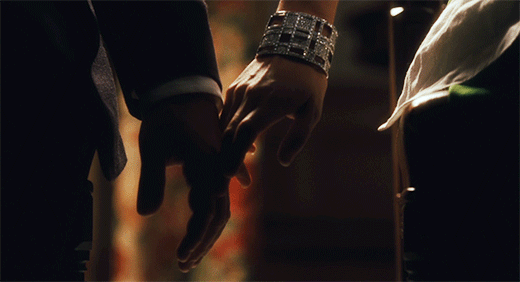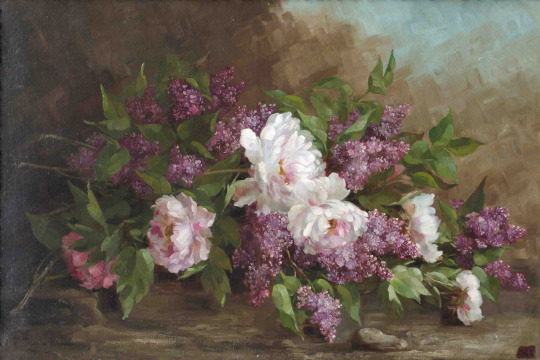We are what we dream of; not just when we're asleep, but when our eyes are open.
Don't wanna be here? Send us removal request.
Photo


the sky looked so pretty last wednesday
28K notes
·
View notes
Photo

A view of the ornate art and architecture of a building in Chennai, India, 1948. Photograph by Volkmar Wentzel, National Geographic Creative
8K notes
·
View notes
Photo

John Collier Sacred and Profane Love, 1919
169 notes
·
View notes
Photo




The Metzlers’ greenhouse
via Victorian House
36K notes
·
View notes
Photo

Victor Gabriel Gilbert (1847 - 1933)
A Street Market, Paris, France
3K notes
·
View notes
Photo





WORTH BEADED SATIN and LACE BALL GOWN, 1890s.
Ice blue silk bodice having cream embroidered net trim and sleeve gathered into six puffs, blue and pearl beads decorate the shoulder, neckline and below the breasts with beaded fringe, a rhinestone band follows the point, trained skirt having beaded swags to the satin with contoured hem, wide lace hem ruffle over cream taffeta underskirt having pleated hem and net ruffle.
182 notes
·
View notes
Photo


Ferrara, Castello Estense & Piazza delle Erbe
3K notes
·
View notes
Photo




Still life with flowers on a marble - 1716 by Rachel Ruysch
644 notes
·
View notes
Quote
Ἓν οἶδα ὅτι οὐδὲν οἶδα
All I know is that I know nothing
The phrase, sometimes called the Socratic paradox, is a well-known saying that is derived from Plato’s account of the Greek philosopher Socrates. Plato explains the paradox this way: Socrates’ wisdom is that Socrates doesn’t think he is wise when he is not. For when the people Socrates questions are shown that they don’t know what they think they know, they go on thinking they do anyway, whereas Socrates is at least wise enough to know when he doesn’t know. His entire wisdom in philosophy according to Plato is this, that Socrates doesn’t think he knows what he doesn’t know, and, as Plato’s dialog interprets the oracle’s words, that is the only wisdom any human being can have.
(via endophoras)
7 notes
·
View notes
Quote
I hang onto a word, the one word that Romanians are so proud of because they say it can’t be translated into any other language. The word dor. […] It means something like longing, like a yearning that you can’t explain and you don’t know why you have it. It hits you when you look at certain landscapes and listen to certain music, such as music played on special Romanian instruments whose names are untranslatable, flutes with many tubes and instruments like huge horns. Then you see the mountains where your ancestors lived and fought the Turks and the Huns and the Visigoths, and where they looked at the sky and dreamed the way you look at the sky and dream now. You look at all that, and you become melancholy and you yearn for something. That’s what dor means.
Domnica Radulescu, from Train to Trieste (Knopf, 2008)
386 notes
·
View notes
Photo








To be frank, I think his world had vanished long before he ever entered it – but, I will say: he certainly sustained the illusion with a marvelous grace!
The Grand Budapest Hotel, dir. Wes Anderson
666 notes
·
View notes







